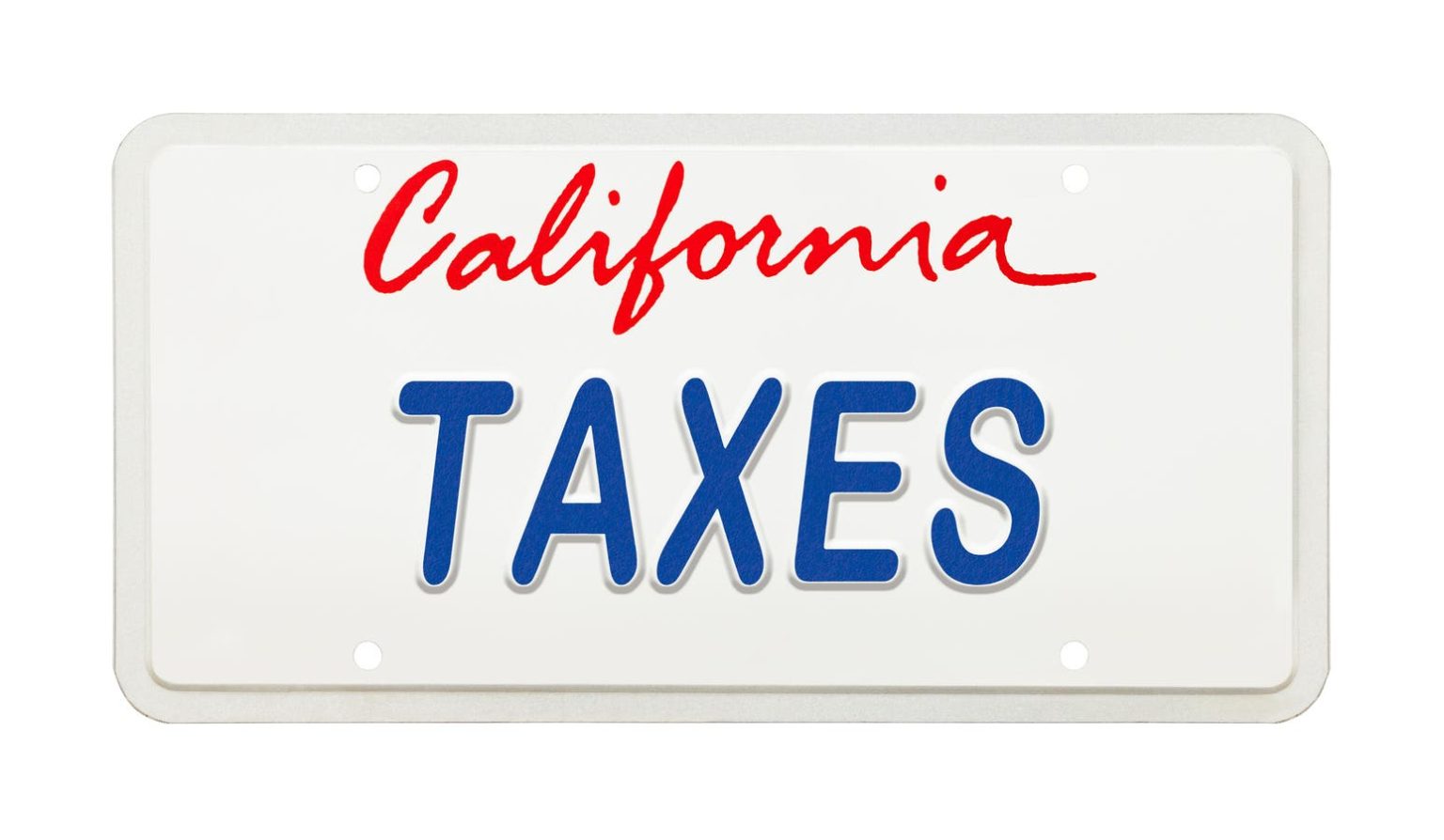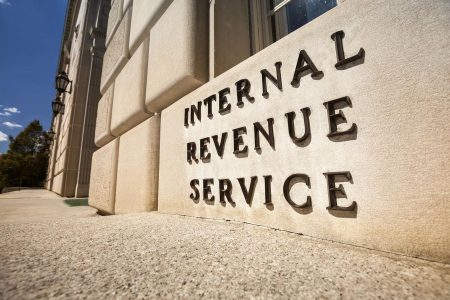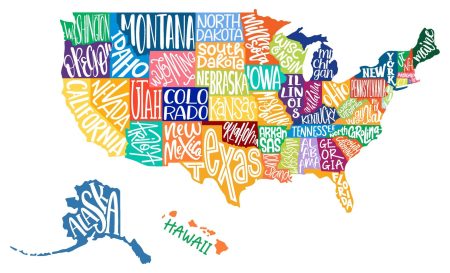If you live or do business in California, state taxes are a significant part of the overall taxes you pay. Your tax bill with the IRS may be bigger overall, but California taxes are up to 14.4 percent for individuals and 8.84 percent for corporations. For years, the top rate in the Golden State was 13.3%, but it was hiked by 1.1% to 14.4% in January 2024. That 14.4% might stick for years, but in the past, there have been several failed attempts to raise the top tax rate in the Golden State to an astounding 16.8%.
California is aggressive about drawing people into its tax net. When you add the state’s enforcement and collection activities, California rakes in the cash. California’s tax system is complex too. Rather than adopt federal tax law wholesale, California’s legislators pick and choose, adopting some rules, not others. Often, if a federal rule favors taxpayers, California will not conform.
California’s attempts to tax nonresidents often lead to controversies, as evidenced by the well-publicized tax disputes that many people seem to face after they leave the state. But there are other tax traps too, even if you were never a resident. A Form 1099 from a California company can trap a non-California independent contractor in California’s sticky tax net. In the Matter of Blair S. Bindley, OTA Case No. 18032402 (May 30, 2019), a nonresident sole proprietor performed all services outside of California.
However, some of his customers were located in California. Is that enough for the poor guy to attract California tax liability? The California taxing authorities said he was operating a “unitary business” that was being conducted in both Arizona and California and was subject to California’s apportionment rules. Exactly what was the unfortunate Mr. Bindley’s tax offense in California? He is a self-employed screenplay writer living in Arizona.
He performed services for a few companies headquartered and registered in California and collected $40,000 from one. Bindley did not file a California tax return, so California’s statute of limitations never even started to run. That itself is a useful lesson. Starting the statute of limitations is a reason that many non-residents of California file a return to report a small amount of California source income. That’s a useful lesson too, but what exactly makes a business “unitary” anyway?
California’s tough tax regulations only describe what is not a unitary business. California says that a business being conducted in both California and another state is not unitary where the part within the state is so separate and distinct from (and unconnected to) the part outside the state that their respective activities represent separate businesses. Here, the Golden State said that this screenwriter ran a unitary operation, since the part conducted inside California and the part conducted outside the state were not separate and distinct.
If your business is unitary, the income derived from services is sourced to the place where the benefit of the service is received. To determine the place where the benefit of the service is received, California law provides rules looking first to the contract between the taxpayer and the service recipient. If the contract does not specify the location where the benefit is received, then California or the taxpayer can try to approximate the location where the benefit is received. California said it was reasonable to conclude that the companies that paid the screenwriter and were located in California received the benefit of the services within the state.
Does this screenwriter’s unfortunate tax flap mean that other businesses that sell into in California could face tax troubles? Yes, non-California taxpayers may need to file California returns and pay California taxes. That is so even if all the services are performed outside of California, and even if the business has no connection to California, so long as a beneficiary of the services is located there.
Is there any room left to steer clear of California taxes if you are a nonresident? Many people try. No one likes an unexpected tax bill several years after a deal closing. How long are you at risk when it comes to the California Franchise Tax Board? The normal California tax statute of limitations is four years (one year longer than the usual three years the IRS generally has to audit). The four years runs from the date you file your California tax return. But if you did not file one because you thought you were not taxable, that statute would never start to run.
Read the full article here










